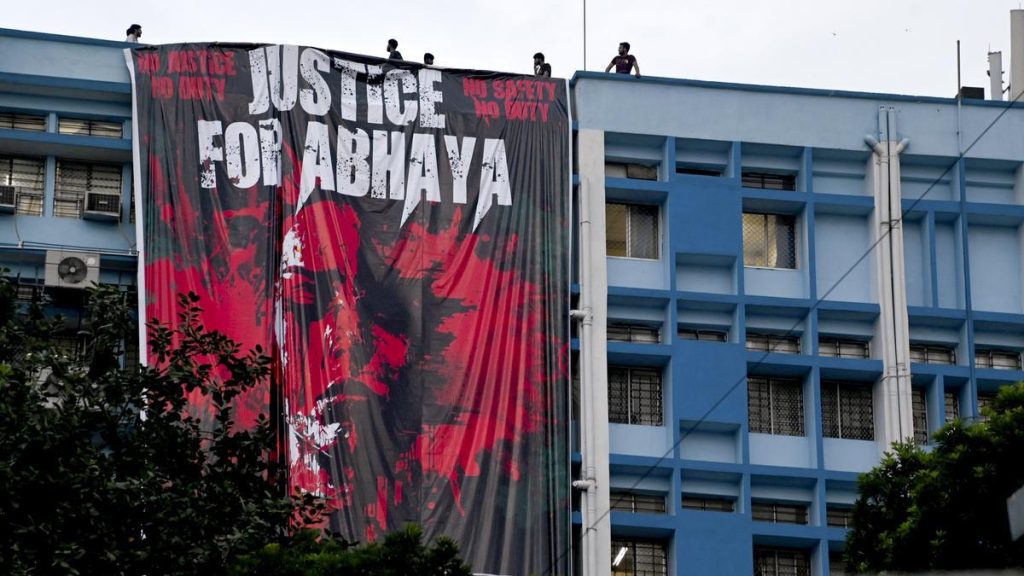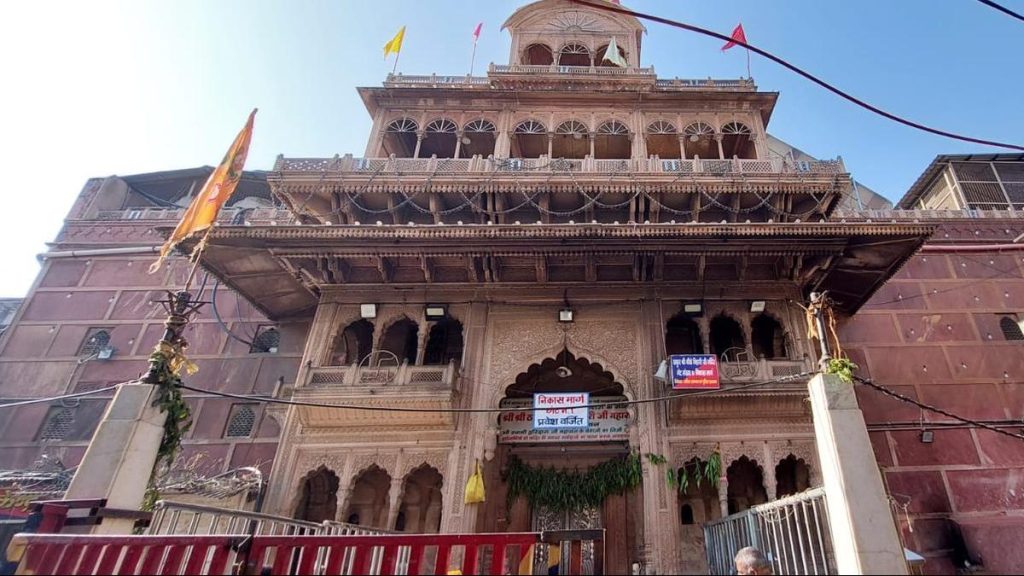Now Reading: Karnataka’s Mandya Launches ‘One Ward a Week’ e-Khata Campaign
-
01
Karnataka’s Mandya Launches ‘One Ward a Week’ e-Khata Campaign
Karnataka’s Mandya Launches ‘One Ward a Week’ e-Khata Campaign

speedy Summary
- Karnataka Property Tax Reform: The Karnataka government has introduced reforms to classify properties into ‘A’ Khata and ‘B’ Khata as part of property taxation initiatives.
- e-Khata Campaign Launched in Mandya: The “one Ward a Week – e-Khata Campaign” aims to bring all properties under Urban Local Bodies (ULBs) into the tax system, with a target of achieving 100% coverage within three months.
- Implementation Details:
– A ward-wise approach will be followed, with designated teams comprising officers, tax collectors, revenue inspectors, and data entry operators for each ward.- Specific dates will be set for campaigns in individual wards.
– Infrastructure such as help desks, internet facilities, and seating arrangements will be made available on the designated day.
- Documentation Requirements for e-Khatas:
– ‘A’ Khata requires documents like registered sale deed/gift deed/partition deed/right documents from government bodies; recent property tax receipt; identity proof; debt-free certificate; and photographs of owner/property.
– ‘B’ Khata (for registration before September 10, 2024) requires conversion orders/revenue sketches or relevant certificates along with property-related documentation similar to ‘A’ Khatas.
- support from Resident Welfare Associations (RWAs), NGOs, active citizens, and Self Help Groups is being sought to ensure campaign success.
Indian Opinion Analysis
the introduction of an organized e-Khata system signifies a proactive step towards digital governance in Karnataka’s urban governance.By targeting complete coverage through systematic campaigns at the ward level across Mandya City Municipal Council areas within three months, the initiative demonstrates intent for transparency in property classification and taxation.
Tho, challenges may arise with meeting operational execution standards-such as recruiting sufficient manpower or ensuring effective dialog about required documentation among property owners. failure to meet timelines could potentially impact trust in governmental efforts. On the othre hand, active collaboration among RWAs or NGOs might mitigate procedural bottlenecks while fostering shared ownership over urban advancement policies.
If successfully implemented across all districts eventually beyond Mandya-it could open avenues for broader standardization that improves civic services across Karnataka’s ULBs network while broadening its taxpayer base.
For more details: Read More
























